In a global energy crisis, staying safe and prepared is crucial. Whether you’re a homesteader or a prepper, knowing how to manage limited resources can help you navigate challenging times. Here are 15 practical tips to keep you and your family safe during an energy crisis.
1. Stock Up on Non-Perishable Foods
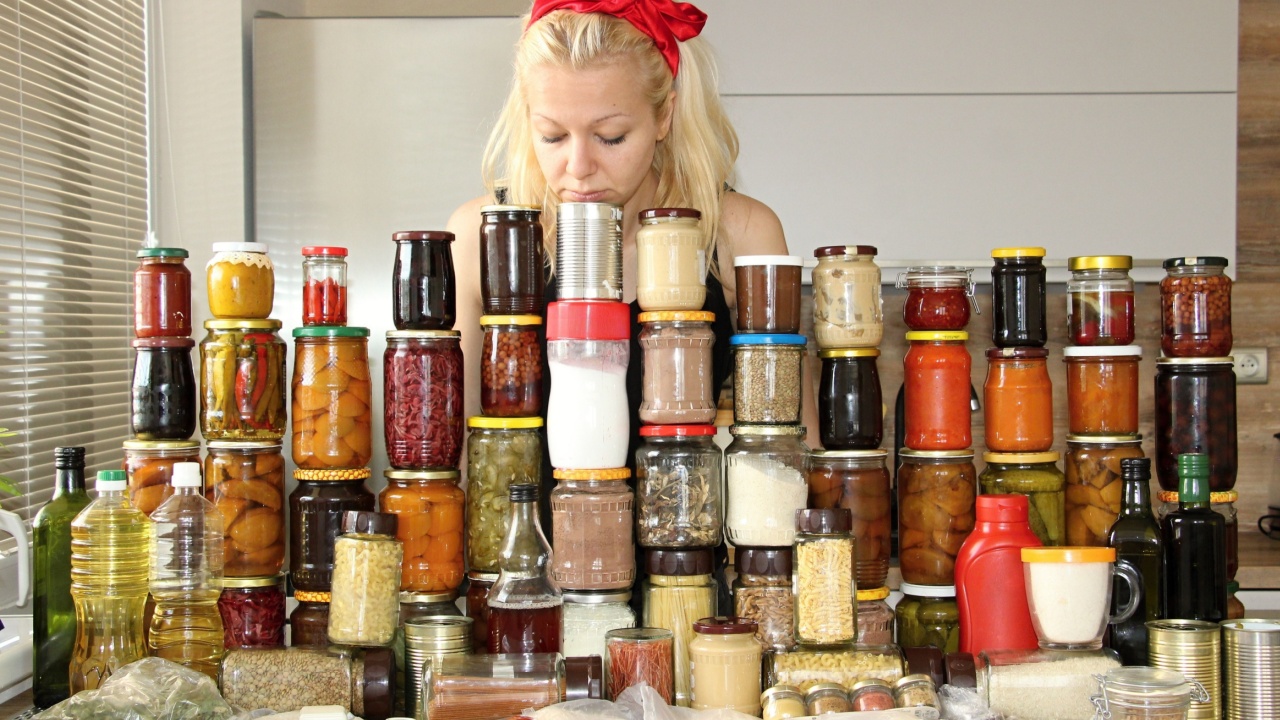
Having a good supply of non-perishable foods can keep you fed when energy supplies are low. Focus on items like canned goods, dried beans, rice, and pasta. These foods have long shelf lives and can be stored easily. Rotate your stock regularly to ensure that your supplies stay fresh.
2. Use Alternative Cooking Methods

If the power goes out, you’ll need alternative ways to cook. Invest in a camping stove, solar oven, or a rocket stove. These tools allow you to prepare meals without relying on electricity or gas. Make sure you have plenty of fuel or sunlight access to keep these cooking methods operational.
3. Store Water

Water is essential for survival. Store at least one gallon of water per person per day for drinking and sanitation. Consider using large, food-grade containers and keep them in a cool, dark place. Regularly check and replace stored water to keep it fresh and safe to drink.
4. Install Solar Panels

Solar panels can provide a reliable source of energy during a crisis. They convert sunlight into electricity, which can power your home or charge batteries. This reduces your dependence on the grid. Consider adding a battery storage system to store excess energy for use during cloudy days or nighttime.
5. Use Energy-Efficient Appliances
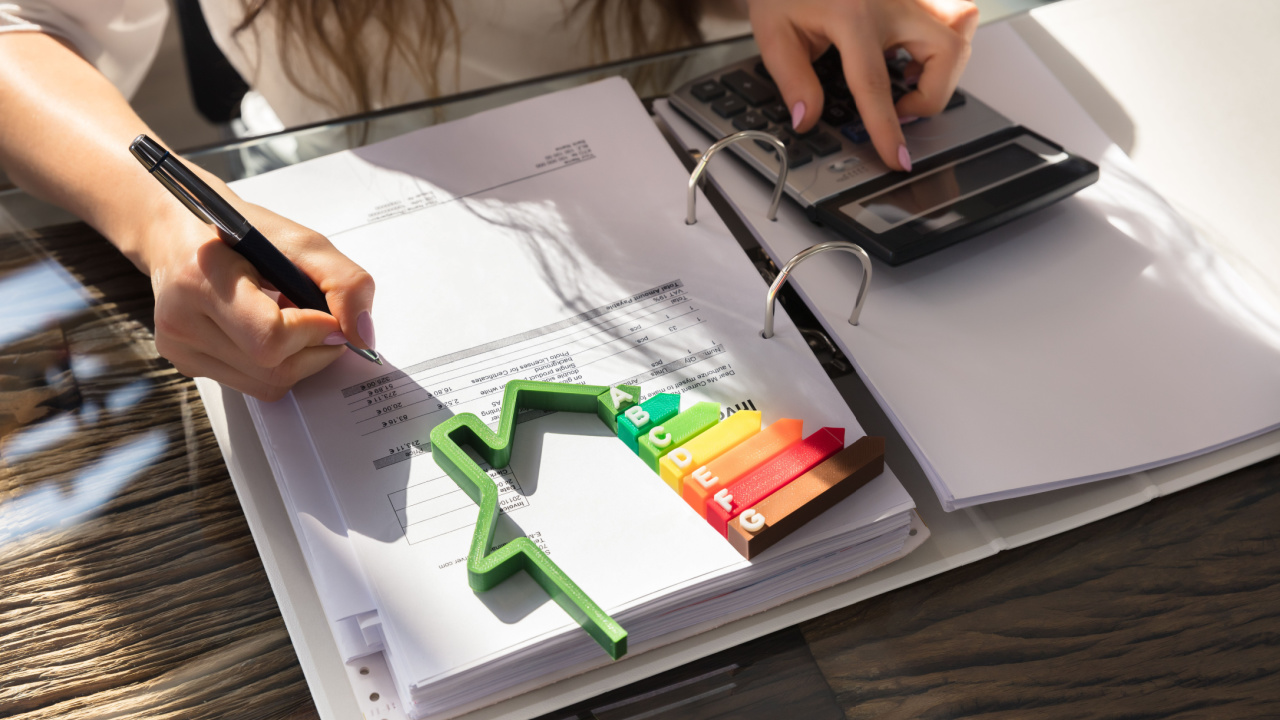
Energy-efficient appliances use less power, which is crucial during a crisis. Replace old appliances with energy-efficient models to save electricity and reduce your overall energy consumption. Look for appliances with the ENERGY STAR label, as they meet strict energy efficiency guidelines.
6. Create an Emergency Kit

An emergency kit should include essentials like flashlights, batteries, a first-aid kit, and a manual can opener. Having these items on hand can make a big difference during an energy crisis. Include a multi-tool and a supply of necessary medications to cover all your basic needs.
7. Plan for Heating and Cooling

Without power, heating and cooling your home can be challenging. Use thermal blankets, wear layers of clothing, and insulate your home to retain heat. In hot weather, use fans, stay hydrated, and seek shade. Consider having a wood stove or portable heater for additional warmth during winter months.
8. Grow Your Own Food
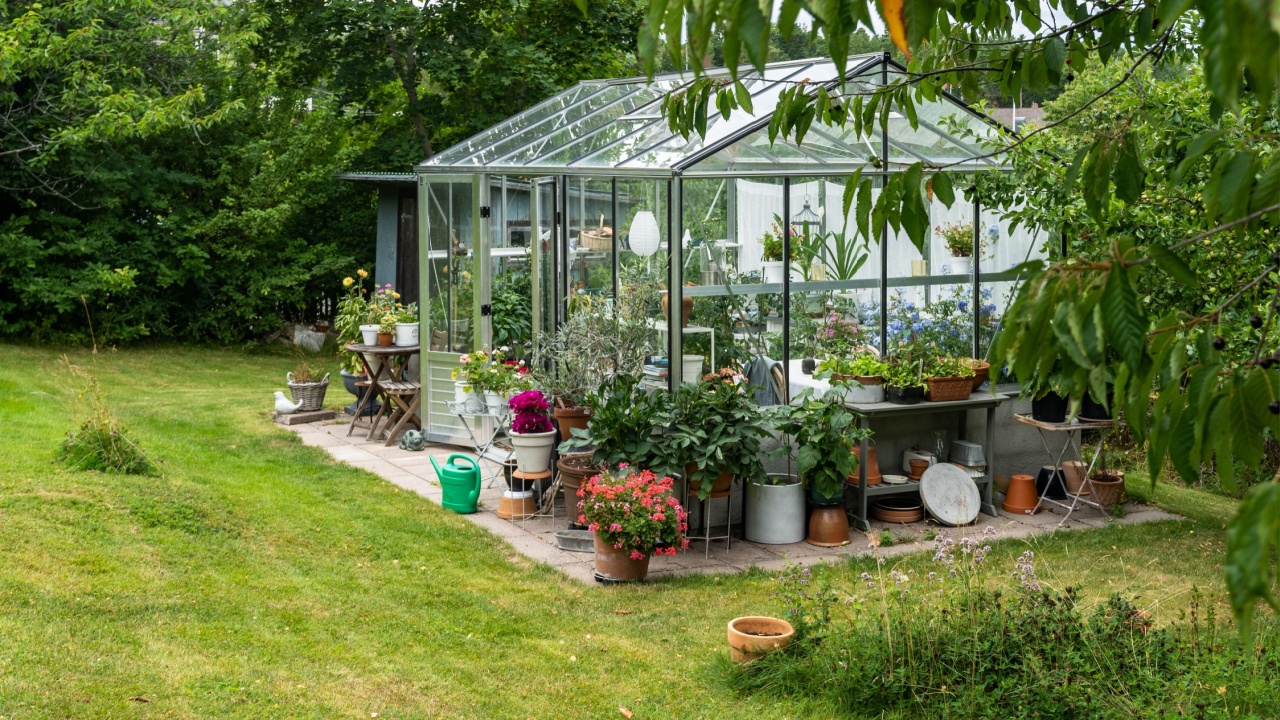
Growing your own food can reduce your dependence on external supplies. Start a garden with vegetables and fruits that are easy to grow and maintain. This can provide a steady food source during a crisis. Learn about preserving food through canning, drying, or fermenting to extend your harvest.
9. Use Hand Tools

Electric tools may not be available during an energy crisis. Stock up on hand tools like manual drills, saws, and wrenches. These tools can help you perform necessary tasks without electricity. Keep your tools in good condition and learn basic maintenance skills to ensure they last.
10. Learn Basic Skills

Basic skills like sewing, carpentry, and first aid can be invaluable during a crisis. Take the time to learn these skills and practice them regularly. They can help you stay self-sufficient and handle emergencies. Consider taking a basic survival course to enhance your preparedness.
11. Create a Communication Plan

Staying in touch with loved ones is important during a crisis. Create a communication plan that includes backup methods like walkie-talkies or a ham radio. Ensure everyone knows the plan and how to use the equipment. Establish a meeting point or safe location where everyone can gather if needed.
12. Conserve Energy

During an energy crisis, conserving energy is crucial. Turn off lights when not in use, unplug devices, and use energy-efficient light bulbs. Small changes can make a big difference in your overall energy consumption. Implement a schedule for using high-energy appliances during off-peak hours.
13. Secure Your Home

Security can become a concern during a crisis. Strengthen your home by installing sturdy locks, reinforcing doors and windows, and setting up a security system. This can help protect your family and belongings. Consider forming a neighborhood watch group to increase community security.
14. Stay Informed
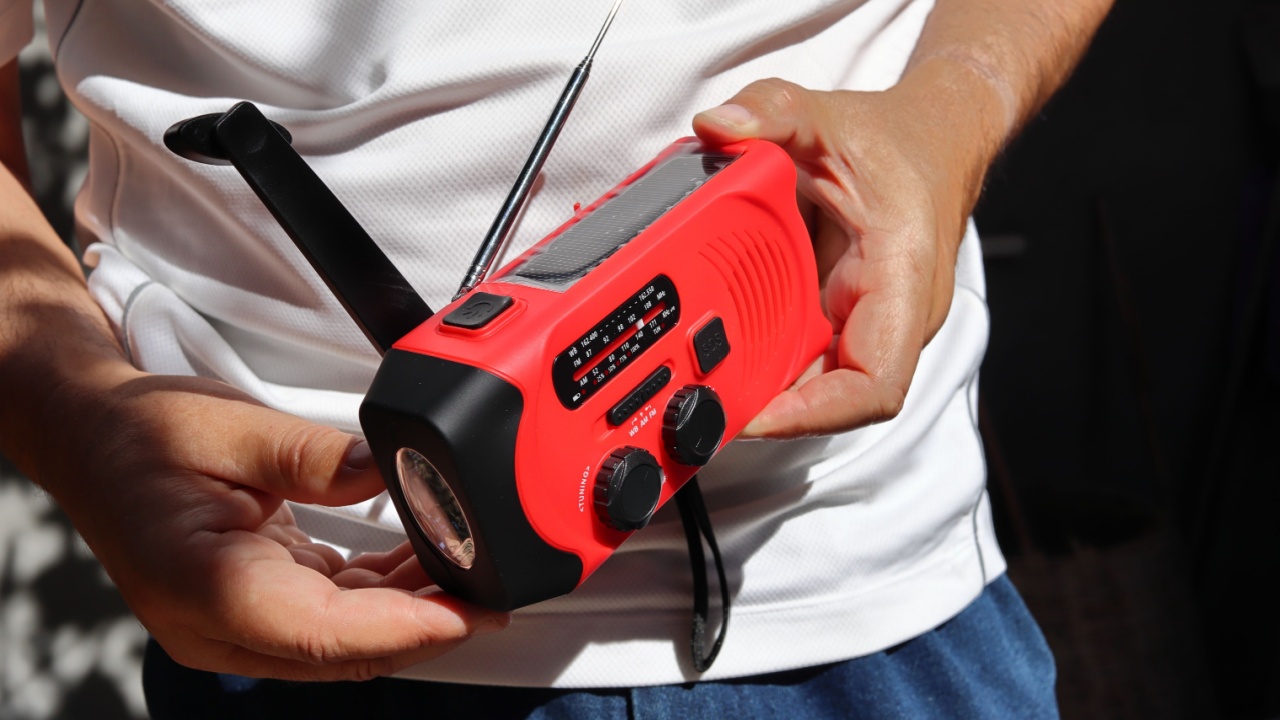
Keep up with news and updates about the energy crisis. Use a battery-powered or hand-crank radio to stay informed if the power goes out. Knowing what’s happening can help you make better decisions. Follow reliable sources and local authorities for accurate and timely information.
15. Build a Community Network

A strong community can provide support during tough times. Connect with neighbors and local groups to share resources, skills, and information. Working together can make it easier to handle an energy crisis. Organize community meetings to discuss preparedness plans and share valuable tips.
20 Crucial Supplies for Surviving a Societal Collapse

In the face of uncertainty, being well-prepared gives you at least some degree of control and security. The thought of a societal collapse, while extreme, prompts us to consider how we might endure without the conveniences of our current lifestyle. Here’s a list of 20 essential items that could prove indispensable in such a scenario. This guide isn’t about succumbing to fear but embracing preparedness and resilience.
14 Essential Canned Goods for Your Emergency Pantry
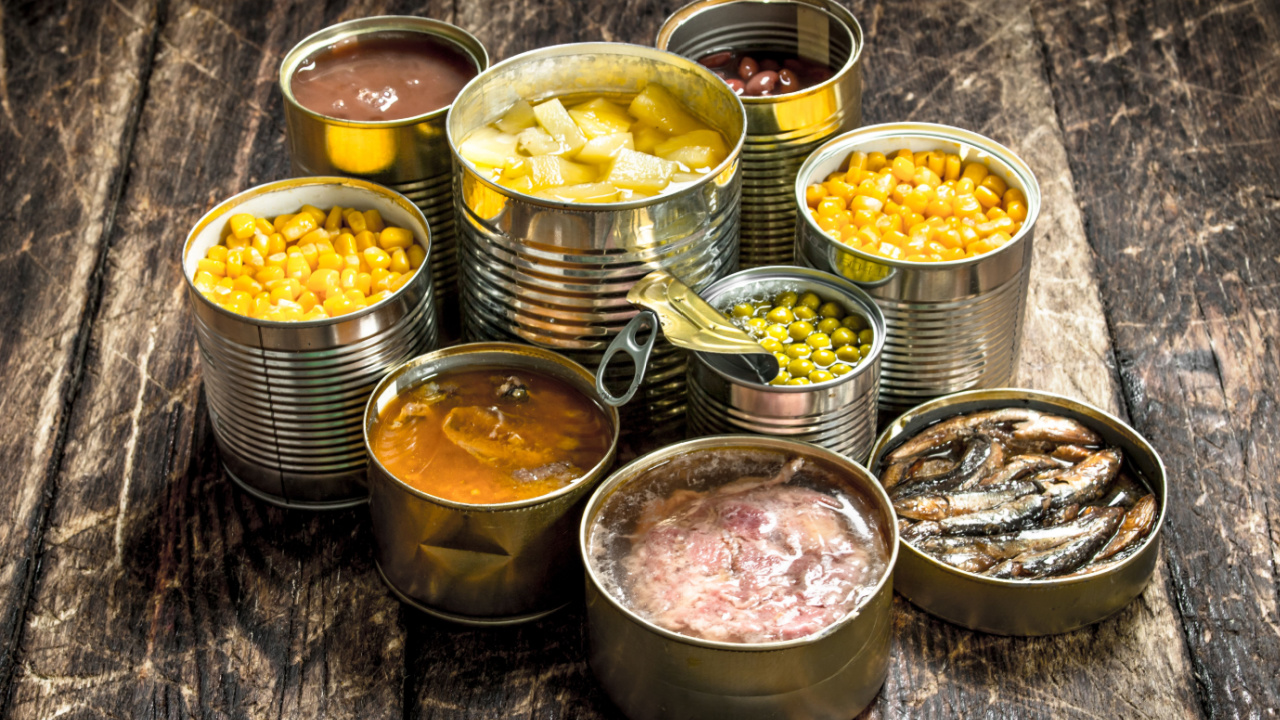
I firmly believe in keeping a well-stocked emergency pantry. While fresh food is ideal, in a survival situation, we may not be that lucky. So, for my family, even though we grow a lot of our own food, canned goods play a crucial role in emergency preparedness. They offer a reliable source of nutrition when access to fresh produce may be limited. The goods you stockpile should be affordable, easy to store, and full of nutrition.
Best Regions in the U.S. to Escape to When Society Collapses
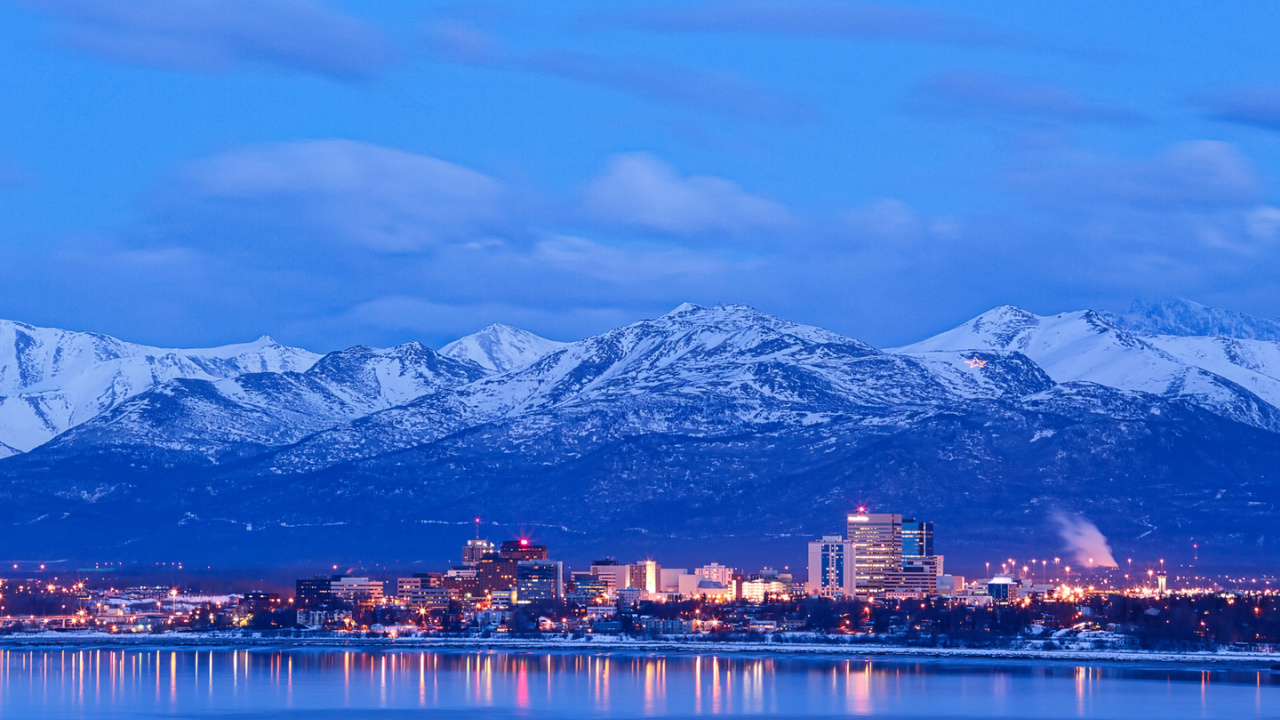
Choosing a refuge in the event of societal collapse involves weighing the pros and cons of each location against your personal preparedness goals and abilities. Whether you’re drawn to the solitude of the desert or the protective heights of the mountains, the key is finding a place that offers safety and the opportunity for growth and renewal.

